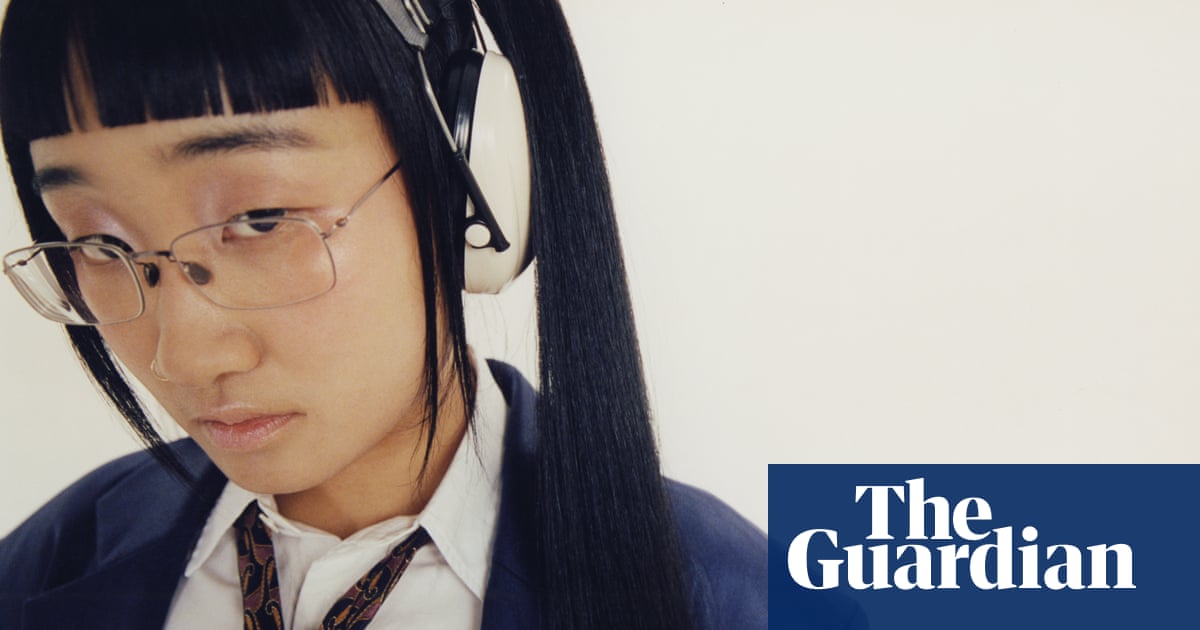
ashington’s NFL team announced on Monday they will no longer be called the “Redskins”, a name long described as racist. However, there are a host of other teams that use language associated with Native Americans. Here’s where some of the biggest teams stand on their own names.
Cleveland Indians
Cleveland’s baseball team have indicated a name change is likely, although they did not explicitly say so when they issued a statement earlier this month on the subject.
“We are committed to making a positive impact in our community and embrace our responsibility to advance social justice and equality. Our organization fully recognizes our team name is among the most visible ways in which we connect with the community,” read the statement.
“We are committed to engaging our community and appropriate stakeholders to determine the best path forward with regard to our team name.”
The team’s manager, Terry Francona, has said he believes it is time to “move forward” from the name. If the Indians do change their name, it is unlikely to be as swift as Washington’s decision, as they are not under as much pressure from sponsors.
The team dropped its Chief Wahoo logo, the grinning, red-faced caricature used since 1947, from their uniforms in 2018 after decades of complaints that it was racist.
Atlanta Braves
Atlanta’s baseball team, who adopted their nickname in 1912 when they were based in Boston, sent an email to season-ticket holders on Sunday saying they had no plans to adopt a new name.
The team said they had consulted Native American groups and “through our conversations, changing the name of the Braves is not under consideration or deemed necessary”.
The team did say that it is looking at “the chop”, a motion performed by fans that imitates the swing of a tomahawk. The team said the chop is “one of the many issues that we are working through with the advisory group”.
Kansas City Chiefs
The Chiefs are one of the most high-profile teams in the US after winning the Super Bowl in February. However, they have yet to issue a statement on the future of their name. The team’s home is named the Arrowhead Stadium, their mascot is a horse called Warpaint, and fans perform the tomahawk chop at games and dress in Native American costumes.
The National Congress of American Indians has said such “caricatures and stereotypes are harmful, perpetuate negative stereotypes of America’s first peoples, and contribute to a disregard for the personhood of Native peoples”.
Kansas City’s newspaper, the Star, wrote in an editorial this month that “the question isn’t whether all Native Americans find these symbols objectionable. The point is that some Native Americans do. That should be enough for the team and the city to reconsider their fondness for a chant and a costume that have no relation to the game.”
Chicago Blackhawks
The six-time Stanley Cup champions say they have no intention of changing their name, as it honors a historical figure, Black Hawk, who was a prominent figure in Illinois history. The team were known as the “Black Hawks” until 1986 when they changed to the “Blackhawks” to tally with the spelling in the franchise’s founding documents. The team’s original owner had been a commander in a unit named after Black Hawk in the first world war.
“We recognize there is a fine line between respect and disrespect, and we commend other teams for their willingness to engage in that conversation,” the team said. “Moving forward, we are committed to raising the bar even higher to expand awareness of Black Hawk and the important contributions of all Native American people.”
College sports
Dozens of college and high schools teams are named after Native American tribes in their local areas. In 2005 college sports’ governing body, the NCAA, looked into the use of Native American names. Some teams stopped using Native American names and iconography that were deemed offensive, but others who received approval from local tribes continued to do so.
Perhaps the most famous example is the Florida State Seminoles. The tribe’s council approved the use of the name as well as other traditions involved with FSU’s teams.
“The Tribe views the relationship as a multi-dimensional collaboration that provides meaningful educational opportunities and other positive outcomes,” a tribe spokesman, Gary Bitner, said this month.












